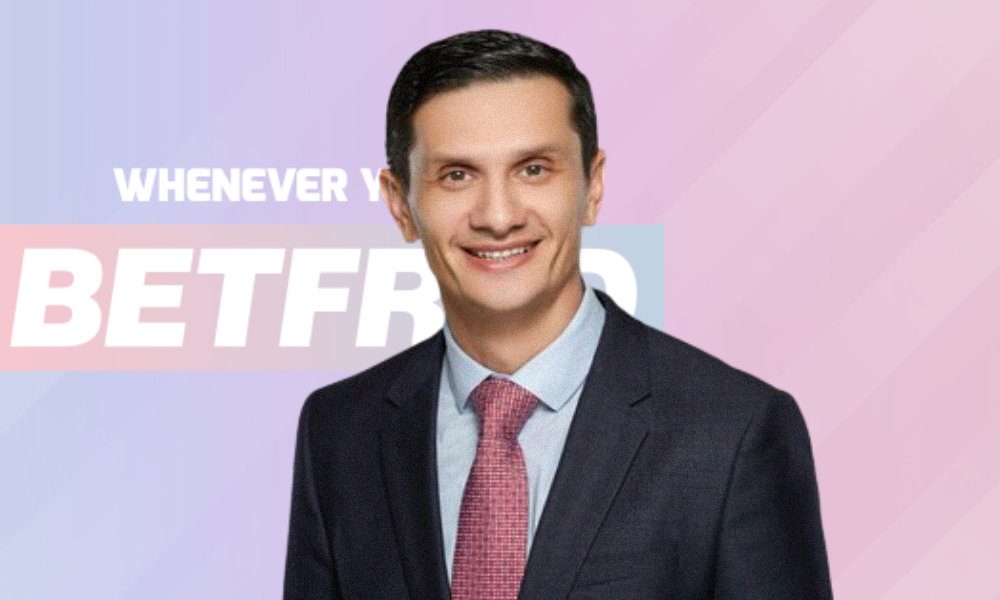Betfred USA CEO Kresimir Spajic has predicted that the current top three sports betting operators in the U.S. will eventually be disrupted, as a result of “unfair advantages,” which he argues are commonplace in online betting.
Since the Professional and Amateur Sports Protection Act (PASPA) was overturned in 2018, allowing individual states to regulate sports betting, Flutter Entertainment (operator of FanDuel), DraftKings, and BetMGM (a joint venture between MGM Resorts International and Entain) have established a clear lead in the U.S., with 38 states now live.
For 2023, Flutter’s U.S. revenue was forecast to be $4.7 billion, while DraftKings’ revenue guidance for the year was $3.7 billion, and BetMGM’s U.S. net gaming revenue was projected to be about $1.9 billion.
Speaking on a panel at ICE London, Spajic addressed the topic of whether other brands will eventually be able to compete with the current leaders. Spajic referenced the way in which PokerStars took the lead in the online-poker market after operating in the U.S. when online gambling was outlawed across the country following the passing of the Unlawful Internet Gambling Enforcement Act (UIGEA) in 2006.
Spajic said: “Digital gaming is a world which has been built on unfair competitive advantage. When you look at the history of poker, for example, you had PartyPoker, which had to close its U.S. business after UIGEA and lost 90% of its revenue. Then who jumped out? A couple of companies called PokerStars and Full Tilt, who were operating in the U.S. and distributing their revenues in regulated markets. PokerStars eventually got back into the U.S. after Black Friday [when it was shut down in the U.S. in 2011].”
Separately, Spajic mentioned that FanDuel and DraftKings previously operated purely as daily fantasy sports sites before PASPA was overturned, making the point that revenue generated from unregulated markets can create unfair advantages and tip the balance.
“Fast forward and who’s leading in sports betting in the U.S.?” he asked. “Two companies that ran quasi sports betting before PASPA was overturned. They will continue to be market leaders, but what I’ve learned in this industry is things are never equal for a long period of time. Another unfair advantage will come from somewhere in the future, but if you don’t have $3 billion behind you, don’t expect to take too much market share in the U.S.”
The panel was held as part of the tribal gaming conference, focusing on the challenges tribal operators face in navigating different markets.
Staying on the topic of how to compete with the current standout three operators, Joseph Nayquonabe, CEO of Mille Lacs Corporate Ventures, which manages the business affairs of the tribal government of the Mille Lacs Band of Ojibwe, argued that tax-revenue share agreements with the tribes would help in that regard.
“I think the answer would be in the tax code,” Nayquonabe said. “If there’s a carveout for tribes, where small tribes, for example, have their own capital and the tax revenue will address those tribes, they could still collect significant revenues. In that instance, I don’t think you would necessarily need more than three big operators. The legislation could allow for different gaming-tax bands based on revenue.”


